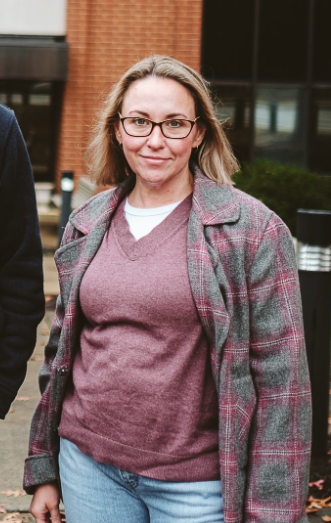For nearly three years, the Department of Justice has investigated whether Sentara made false claims for $665 million in Affordable Care Act subsidies when it jacked its rates 266 percent in Charlottesville in 2017, making them the highest in the country.
In November, the DOJ took the unusual step of petitioning a federal judge to order Sentara, parent company of the now-renamed Optima Health and Sentara Martha Jefferson Hospital, to comply with its civil investigative demands. Judge Elizabeth Dillon ruled in favor of the government March 8.
During a December 19 hearing, Sentara lawyer Preston Pugh said the DOJ was attempting to “drum up public scandal” with its petition, according to a transcript of the proceeding. He asked that the courtroom be sealed and documents that had been temporarily sealed be permanently restricted, claiming the company would suffer “reputational damage.”
Laura Day Taylor, chief of the civil division for the Western District of Virginia, said Sentara’s motion “to close the courtroom and litigate this matter in secrecy is extraordinary, and according to the government’s research, it is also unprecedented.”
Judge Dillon agreed and kept the courtroom open, and in her order, unsealed most documents, including the petition itself.
Taylor said the government’s investigation was “under the False Claims Act into whether Sentara illegally took two-thirds of a billion dollars in taxpayer money.”
Sentara says the rates were okayed by state and federal regulators.
In response to the government’s civil investigative demands, Sentara had provided thousands of documents. But the DOJ realized it hadn’t received all relevant documents during a June 28, 2023, meeting, when Sentara put undisclosed documents in a PowerPoint presentation, according to the petition.
Those documents showed more involvement from then-CEO Howard Kern, and the DOJ wanted to interview Kern and previously interviewed execs—former Optima CEO Michael Dudley and chief actuary James Juillerat—in light of the new information. Sentara balked, according to the petition.
Sara Stovall is a Charlottesville resident who was stunned in 2017 when she learned health insurance for her family would cost nearly $3,000 a month with Optima, the only Affordable Care Act insurer available in this area at that time. She co-founded Charlottesville for Reasonable Health Insurance and was in court December 19.
She hadn’t realized Sentara’s top exec Kern was so involved in setting the Optima rates. “It’s disappointing because we were assured the rates were done at arm’s length from the parent company,” she says.
A now-unsealed document reveals Kern briefed Sentara’s board in August 2017 about the 82 percent average rate increase in Virginia, and he warned that “there could be a fair amount of scrutiny about the rate increase in local media coverage.”
“Sentara has provided more than 27,000 documents and approximately 70 hours of interviews from seven former and current employees to date in response to the DOJ’s inquiry,” says Sentara spokesperson Mike Kafka. “This recent ruling on procedural matters will help clarify the process moving forward. As it has for nearly three years, Sentara will continue to operate in good faith and looks forward to a resolution of this matter.”
Dillon ordered Sentara execs Dudley and Juillerat to provide additional testimony within 60 days.
In other Sentara news, the company is seeking a contract worth billions of dollars to manage Florida’s Medicaid program, according to The Capitolist. The state will award the contract by the end of this month.
